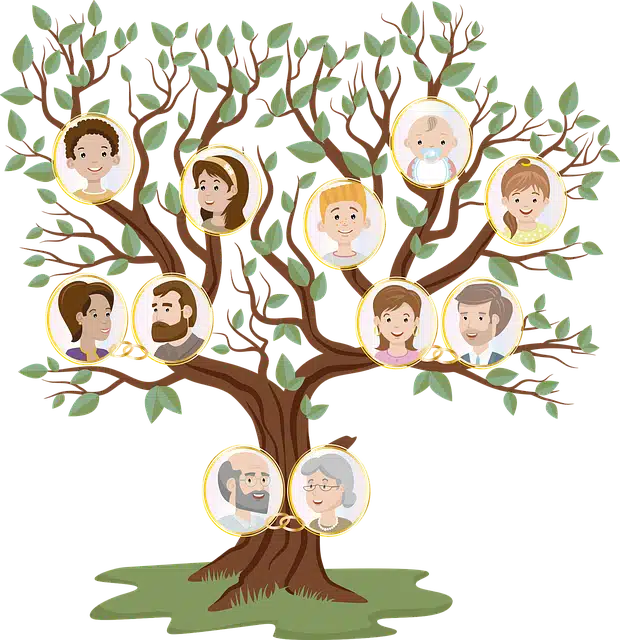
Lineage is the ancestry or descent of a family group.
The etymological root of lineage is unclear. The term could come from the Catalan word llinyatge or the Occitan linhatge , according to what is indicated by the Royal Spanish Academy ( RAE ).
The descent or ancestry of a family group is called lineage. The concept is used especially when it comes to a nobility family .
Lineage can be known through analysis of the family tree . Many times accessing this information is important regarding the succession of rights , properties and titles.
Lineage and genealogy
There are clear differences between lineage and genealogy, although it is common for them to be used synonymously in everyday speech. Genealogy is dedicated to studying in depth ancestry, descent and the relationships that an individual has with the rest of society ; Lineage, on the other hand, only focuses on the patrilineal or matrilineal line (which are also known as manhood and navel line , respectively) of a person, both ascending and descending.
With respect to these last two concepts specific to anthropology and sociology, we must make several clarifications. A group of individuals who have a "unilineal" type of affiliation and descend from a single ancestor paternally, without the blood line having changed, is called patrilineage .
On the other hand, there is matrilineage , a system according to which the person's link is through the maternal line, in such a way that their fundamental ancestors are relatives of their mother. Each of them is part of their family clan and shares the inheritance with the rest of the mother's relatives, which must include brothers, uncles, grandmother and great-uncles, among others.

The idea of lineage is often linked to the concept of genealogy.
Historical records
There are a large number of studies about this topic in Spanish-speaking countries, since it has always been of great interest. Therefore, we can access various documents about families and lineages from the American continent and the Iberian Peninsula.
Outside of European and Latin American cultures, and even the West itself, the importance of lineage can also be appreciated, regardless of whether it is a patrilineal or matrilineal society. Among the rules established to reflect a person's lineage, the characteristics of the surname stand out, which can consist of one or more words and provide us with information about their origin or their father's name, among other possibilities.
This allows us to place each individual in a kinship structure and also establish rules about marriage, such as whether or not it is possible to contract it with another member of the same clan.
Lineage in biology
In the field of biology , the sequence of species that are directly linked through evolution is known as a lineage. This means that each new species in the lineage is a consequence of the evolutionary process of the ancestor species.
In a phylogenetic tree, the different branches are the different lineages. These schemes are usually put together based on the genetic data of the specimens, which allow them to be grouped according to characteristics.
Other uses of the notion
Lineage, on the other hand, is the class , genus , or category of something. For example: "My grandfather had a business where he sold merchandise of all kinds," "The young man belongs to a lineage of horsemen who have always excelled in horsemanship," "Nothing can surprise me about a criminal of that lineage."
In Reiki , finally, the lineage is the chain of initiations that reaches, ascending, to Mikao Usui , the founder of this alternative medicine. According to the teachers that a student has had or has, we can say that he belongs to a certain lineage.
